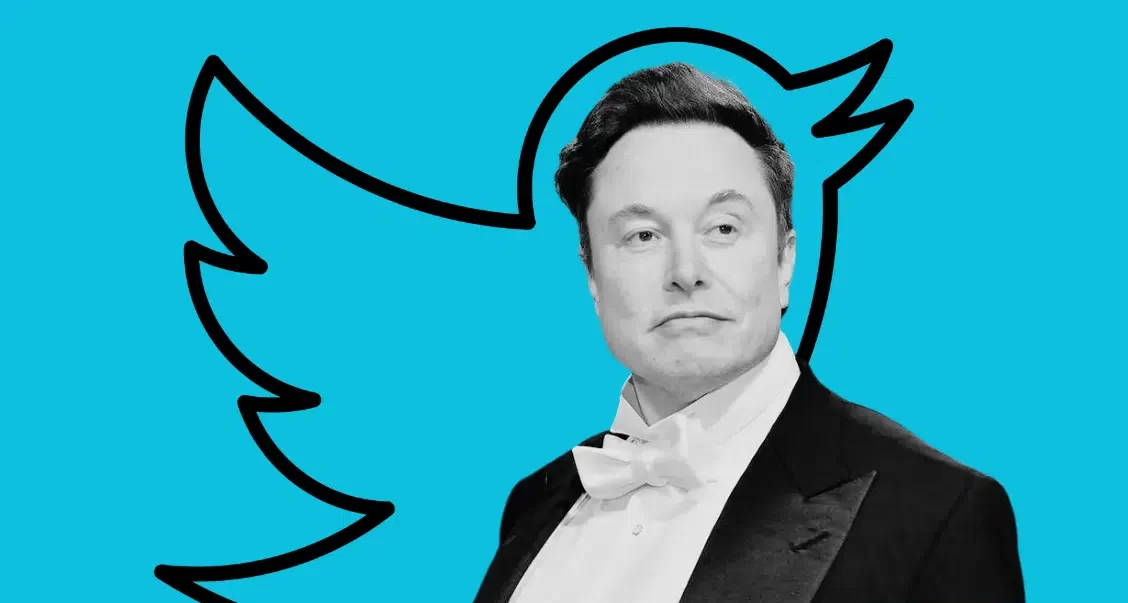In a surprising and game-changing announcement, Elon Musk, the CEO of Twitter, has revealed that the social media giant is working on a groundbreaking feature that will enable users to share “books” on the platform. This innovative move marks a significant departure from Twitter’s traditional 280-character limit and opens up new possibilities for content creation and sharing. Musk’s vision for expanding Twitter’s capabilities aligns with his commitment to pushing the boundaries of technology and creating a more immersive social media experience. In this exclusive report, we will delve into the details of Twitter’s upcoming “books” feature, the potential impact on content creators and users, the challenges in implementing long-form content on a platform known for brevity, and the broader implications for social media and digital publishing.
The Revolution of Long-Form Content:
Twitter’s characteristic 280-character limit has been a defining feature of the platform since its inception. However, this limit has posed challenges for users who wish to express complex ideas, share detailed insights, or engage in meaningful discussions. The introduction of the “books” feature represents a revolution in long-form content sharing on Twitter.
Expanding Creativity and Expression:
By allowing users to share “books” on Twitter, Musk aims to empower content creators, authors, and thought leaders to express themselves more comprehensively. This expansion of creativity and expression may attract a broader audience and foster more in-depth conversations.
The Format of “Books”:
While the specifics of the “books” feature have not been fully disclosed, it is expected that users will be able to compose and publish longer-form content directly on Twitter. This could include essays, short stories, poetry collections, and even serialized works.
Enhancing User Engagement:
The “books” feature has the potential to enhance user engagement by providing more substantial and immersive content. Users may spend more time on the platform, leading to increased interactions and deeper connections with fellow users.
Challenges in Implementation:
Introducing long-form content on Twitter poses technical and user experience challenges. Maintaining the platform’s speed and simplicity while accommodating longer posts will require careful design and development.
Curating Quality Content:
As long-form content becomes prevalent on Twitter, the challenge of curating quality content will become more pronounced. Implementing measures to promote valuable contributions and combat misinformation will be crucial.
Attracting Authors and Publishers:
The introduction of the “books” feature may attract authors, publishers, and content creators to Twitter as a platform to reach a broader audience. This could potentially lead to partnerships and collaborations between Twitter and the publishing industry.
Navigating Copyright and Intellectual Property:
The sharing of “books” on Twitter raises copyright and intellectual property considerations. Twitter will need to establish guidelines to protect creators’ rights while encouraging content sharing.



